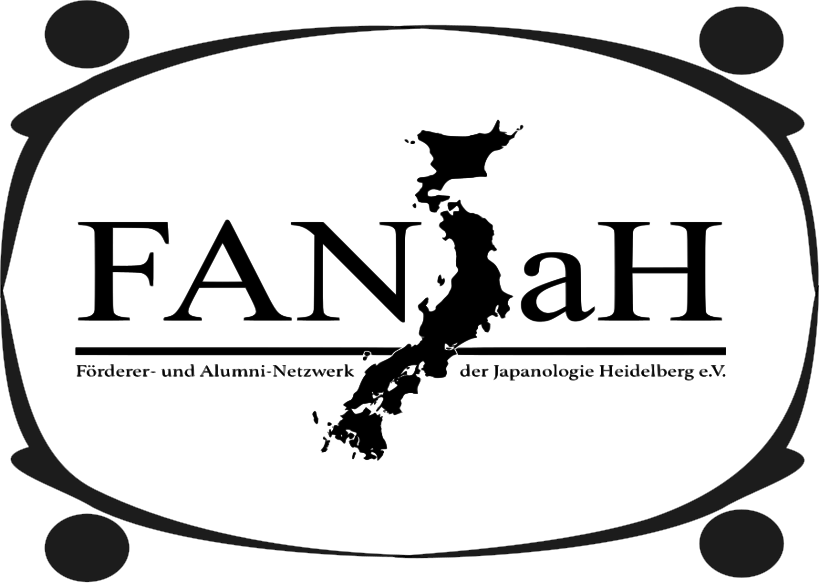How Japanese is Japanese Literature? Discourse Analysis on the Question of a Japanese National Literature
Autor/innen
A Japanese national literature and unified Japanese language emerged in the course of the nation-building process, at the start of the country’s modernization in line with Western models. As a national literature (kokubungaku or kokumin bungaku), Japanese literature was to manifest the cultural identity of the new Japanese nation. The new literary canon was also intended to achieve independence from the Chinese cultural model and to establish an independent Japanese culture. The incorporation of Western literary categories led to a reevaluation of Japanese literary history and the literary corpus. The othering of Chinese literature and the background of world literature were constitutive for the establishment of a Japanese national literature.
This paper examines discourses on national literature during three historically important periods in Japan, but also in colonized Korea and U.S.-occupied Okinawa, to provide new perspectives on the relationship between nation, national culture, colonization, and subject. It argues that Japanese literature has always been connected with world literature and that it should be understood as a transcultural literature.





